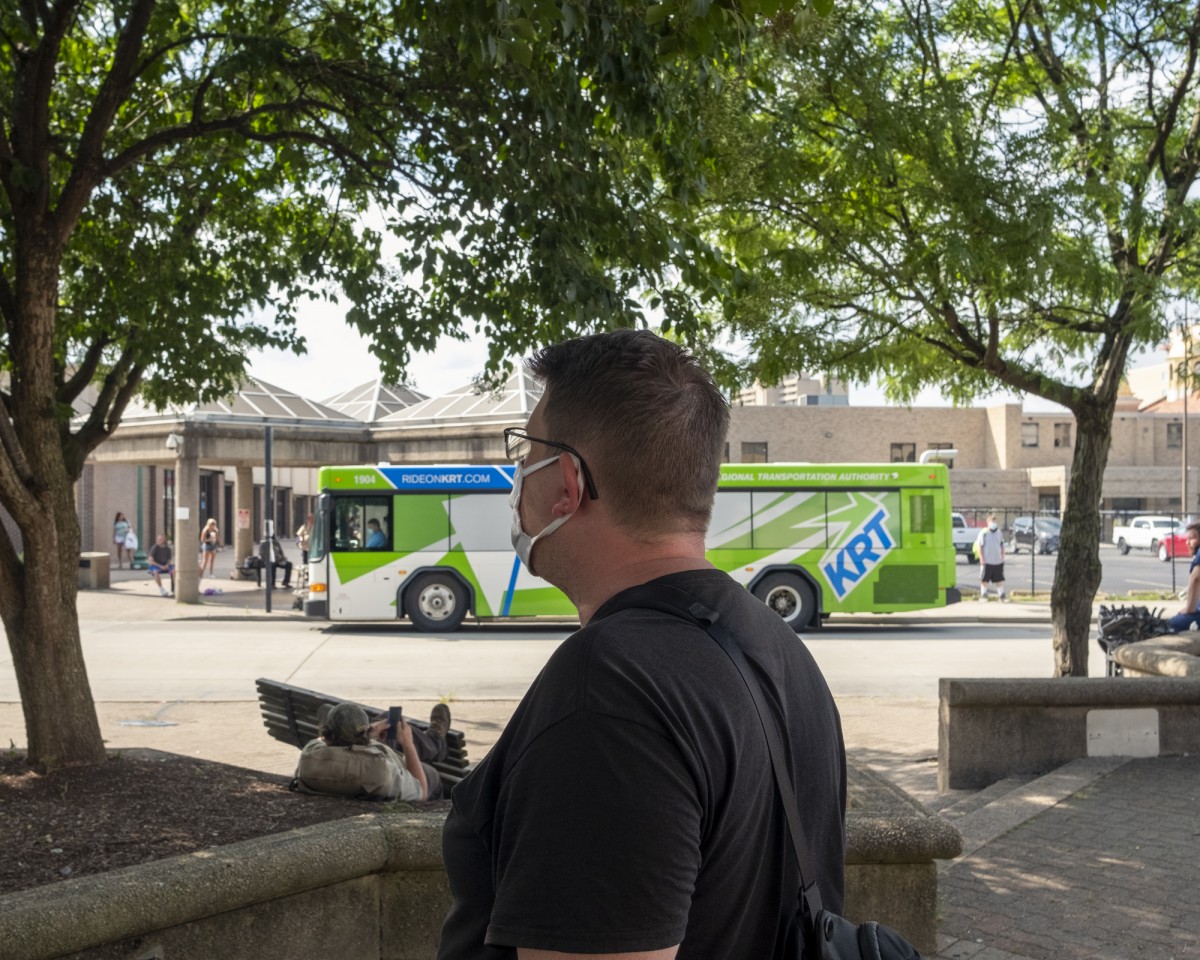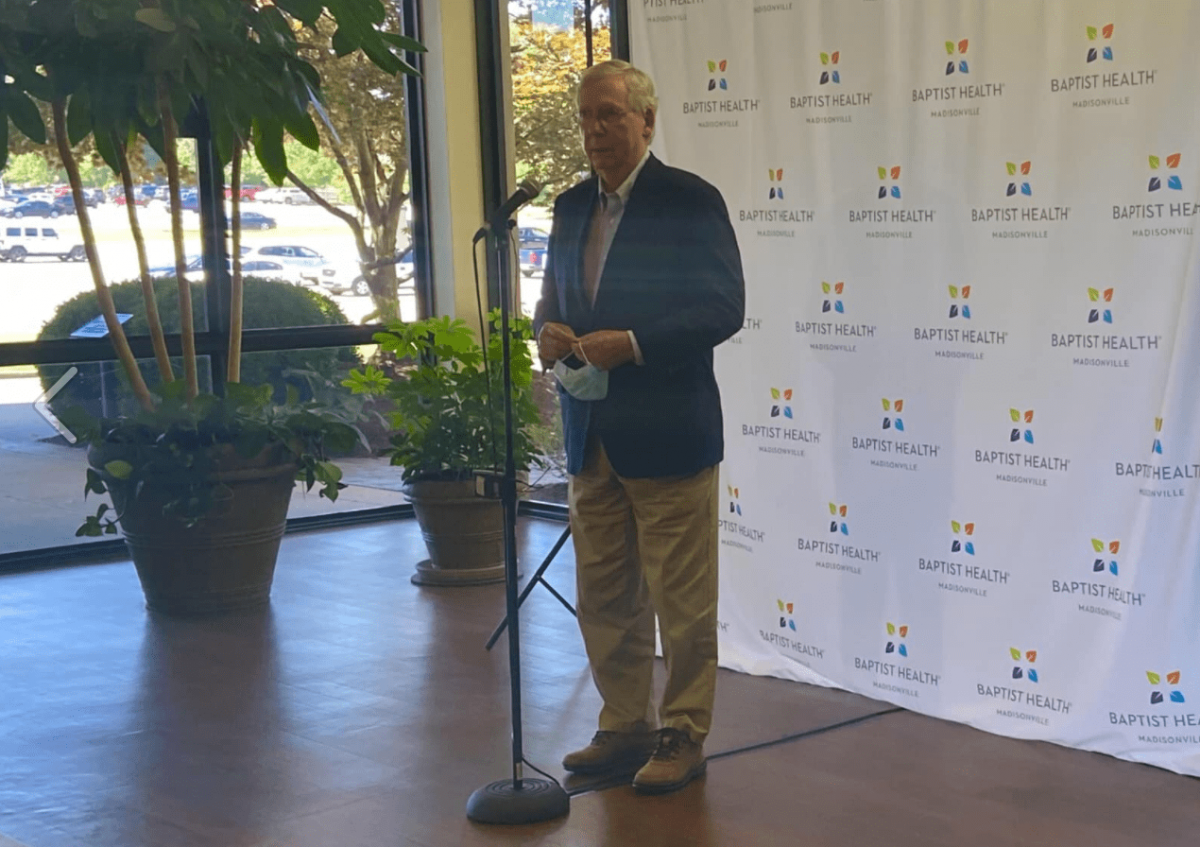Recording plays, rehearsing online, canceling entire seasons. Theaters in rural America adapt to a surging pandemic.
In a community theater in Athens, Tennessee, a cast filmed itself performing Shakespeare’s “Hamlet” without masks, and immediately donned them once more when the director said “cut.” On a 105-acre dairy farm in Ashfield, Massachusetts, a small group of actors rehearsed 10 to 12 feet apart in preparation for their live summer spectacle. In Arcata, California, an arts center canceled all its activities until June 2021 but still wanted to bring art to children in the area by distributing free packets of art supplies. In Creede, Colorado, a theater company rummaged through its archives for past theatrical performances to stream for its eager patrons.
As the U.S. economy slowly picks itself up from the damage brought about by the largest economic shock it has experienced in decades, many industries, such as the performing arts—which include Broadway musicals, plays, operas, poetry slams and circus shows among others—remain in a standstill as states impose strict restrictions on movements and gatherings.
With social distancing–bad for profitability but crucial for safety–now a top priority, the ripple effects of COVID-19 have shaken many supporters and fans of the performing arts, an industry that heavily relies on large groups of people packed into small spaces.
For Thomas Schumacher, chairman of the Broadway League and president and producer of Disney Theatrical Productions, the overall experience of watching the arts is both “deeply personal” and “crucially communal.”
“The alchemy of 1,000 strangers bonding into a single audience fueling each performer on stage and behind the scenes will be possible again when Broadway theaters can safely host full houses,” Schumacher said in a statement. “Every single member of our community is eager to get back to work sharing stories that inspire our audience through the transformative power of a shared live experience.”
Season Cancellations
The Arcata Playhouse, a community arts theater in Arcata, closed its 150-seat theater widely used by local organizations, on March 16, four days before a statewide stay-at-home order was put into place in California. It also canceled all its planned shows until next fall. Arcata Playhouse Executive Director Jacqueline Dandeneau said it cost too much money to invest in marketing.
“We are looking at alternate funding,” Dandeneau said. “But we have good support through donations.”
By further trimming costs, Dandeneau said she was able to reduce the theater’s budget by $100,000 and keep all full-time staff employed. This, however, meant imposing wage cuts, herself included, and not hiring a janitor. All staff, she said, agreed to do the cleaning.
Despite their empty calendars, Dandeneau is proud of her team for initiating projects instead of performances to help their community.
“COVID-19 has been eclipsed by the social movement we have right now,” she said, referring to the Black Lives Matter protests, which she has lent her support to, especially with Arcata being a predominantly white community.
“We, as artists, are finding ways to respond to that in a safe way, and lots of what we will be doing will be for free.”
For now, Arcata Playhouse is shifting its focus to children who are stuck at home by launching Playhouse Wonder Wagon, a project that delivers packets to kids. In the span of three days, they were able to distribute over 170 packets of art supplies — with many more on the way, including distributing some to Hoopa Valley Tribe, a far-flung community in Humboldt county.

Digital Transitions
Although new norms are emerging in how people dine, shop and interact, how Americans will consume the arts remains unclear. Box-office receipts are a major part of theater budgets. Economic survival means finding alternative revenue.
In Tennessee, Athens Community Theatre is dipping its toes into virtual programming. The premier performing arts presenting organization in the rural region between Knoxville and Chattanooga started to release digital content in the early months of the pandemic.
“We are in a position to take calculated risks,” said Athens Area Council for the Arts Executive Director Lauren Shepherd. The center, according to Shepherd, received emergency funding from the Tennessee Arts Commission through the federal CARES Act funds.
This risk included uploading a four-part series of “Hamlet” to Patreon, a membership platform that allows artists and creators to offer digital content and control the price they charge.
“I’m all about arts access,” said Shepherd. “We started using Patreon to supplement and to bridge the gap between live and digital.”
“Hamlet” was originally slated in mid-April but was canceled due to the rise in positive cases. Kelly Balch, who plays the title role, said she did not expect the play to push through.
“We got cast in February,” Balch said. “But on March 16, the board members of the center said they will suspend everything for two weeks. The date for the show happening kept being pushed back.”
On March 12, Tennessee Governor Bill Lee declared a state of emergency to facilitate the treatment and containment of COVID-19. But Balch said she and the cast, who have spent a huge part of their time rehearsing online—a feat not easy for any artist—did not want their efforts to go to waste. Hence, when Balch’s husband, Bob Borwick, who plays Claudius in “Hamlet,” suggested they upload the performance to a platform, Shepherd, to their delight, was immediately on board.
When the time of filming arrived, Balch said they still made sure to follow all safety precautions.

“We rehearsed with masks,” she said, only taking them off when they film. “We also changed our blocking so there will always be less than 10 of us. We didn’t want our audience to look at us and feel uncomfortable.”
Shepherd, who started as an intern and rose to become the executive director of Athens Area Council for the Arts, of which Athens Community Theatre is part, said the ticket price of $15 ($10 for children) is not to generate income but more to reinforce values.
“It was never about making money,” she said.
Across the country, many of the most well-known plays, major outdoor festivals and leading regional theaters have mostly pivoted to online streaming as infections continue to surge across the country. But for some smaller arts organizations in rural areas, internet access remains not just a problem, but a far-fetched notion.
Social Distancing
In Ashfield, Massachusetts, a rural town of about 1,800 residents, Double Edge Theatre, an artist-run organization, is gearing up for its 17th summer spectacle, aptly titled “6 Feet Apart, All Together.”
“We thought about it, but we don’t have the internet for it,” said Cariel Klein, Double Edge Theatre associate producer.
Since 2002, Double Edge has produced its annual summer spectacles, a traveling performance that typically leads audiences through the fields, gardens and barns of its expansive farm. With facilities that include two performance and training spaces, offices, archives, music room and five outdoor performance areas, among others, the spectacles made good use of the theater’s property by including indoor and outdoor performances.

But Klein is not too worried. Instead of following a narrative, as they usually do, the spectacle this year will have scenes that are episodic, ones that can stand alone, and will purely be held outdoors. They are also limiting guests to around 30, compared to the usual 100. And despite the scaled-down number, they are keeping the price of the tickets the same.
“No matter what happens, this is not aimed to be a financially viable show,” Klein said, adding that despite the long waiting list, they are putting a cap to the number of audiences. “This is really a love letter to our community.”
Klein, Johnson and the rest of the cast have been residing in the farm to avoid any contact with people outside their “pod,” only sending a person out once a week for groceries. They also ensure social distancing when they rehearse.
Yet, even amid the fear stirred by the pandemic, what surprised Jennifer Johnson, the theater’s co-artistic director, was the number of young people eager to volunteer. Johnson said she was keen on getting some students on board, determined to use this crisis to teach them the malleability of the theater model and how flexibility is crucial for its survival.
“It is daunting to imagine, as a community, how we will collectively envision the future of theater,” she said. The group was in New Mexico, in the middle of a tour, when they found out it was canceled due to the rising coronavirus cases. “But we are a group of people who are committed.”
Opportunities Missed
Creede Repertory Theatre, located in a small town of 300, high in the San Juan Mountains of Colorado, had to postpone six of its plays scheduled this summer. Brandon Davis, Creede Repertory director of marketing and communications, said its artistic team is on standby for next summer.
“Nobody knows what’s going to happen,” Davis said. “But hopefully, we will give people the same jobs next summer.”
For now, Davis said Creede Repertory, now in its 55th season, is focusing on providing free art for the community through online variety concerts, cooking shows and singalongs. It also has combed through its archives to release some previous theatrical performances to share with its audience. Among those warmly received was “Ripcord,” which tells the story of two old women in a retirement home locked in a turf war.
While Creede Repertory is able to keep its seven full-time staff thanks to some of its fundraising efforts, Davis lamented the economic boost the theater typically provides the county during summer, a time when its seasonal employment swells to over 100.
“We are the biggest generator for summer jobs,” Davis said.
Beyond that, Creede Repertory is working with public health officials to conduct summer day camps for children, scaled down to eight from the usual 15 in compliance with social distancing guidelines.

Back in Athens, Tennessee, after a month of memorizing her lines for three to six hours a day, on top of homeschooling her three children and maintaining a household, Balch felt a mix of emotions as the production wrapped up.
“I am a bit sad but quite relieved,” she said. “I worry about the safety of my castmates and my family.”
Balch, who only auditioned for the lead with the encouragement of her husband, never thought she would ever play Hamlet. As a child, she grew up thinking she wanted to play the leading lady, Ophelia. But now, she is thankful that despite the unusual circumstance, people will see her star in a play that depicts the depths of grief and a quest for justice.
“I will never forget this opportunity,” she said.



